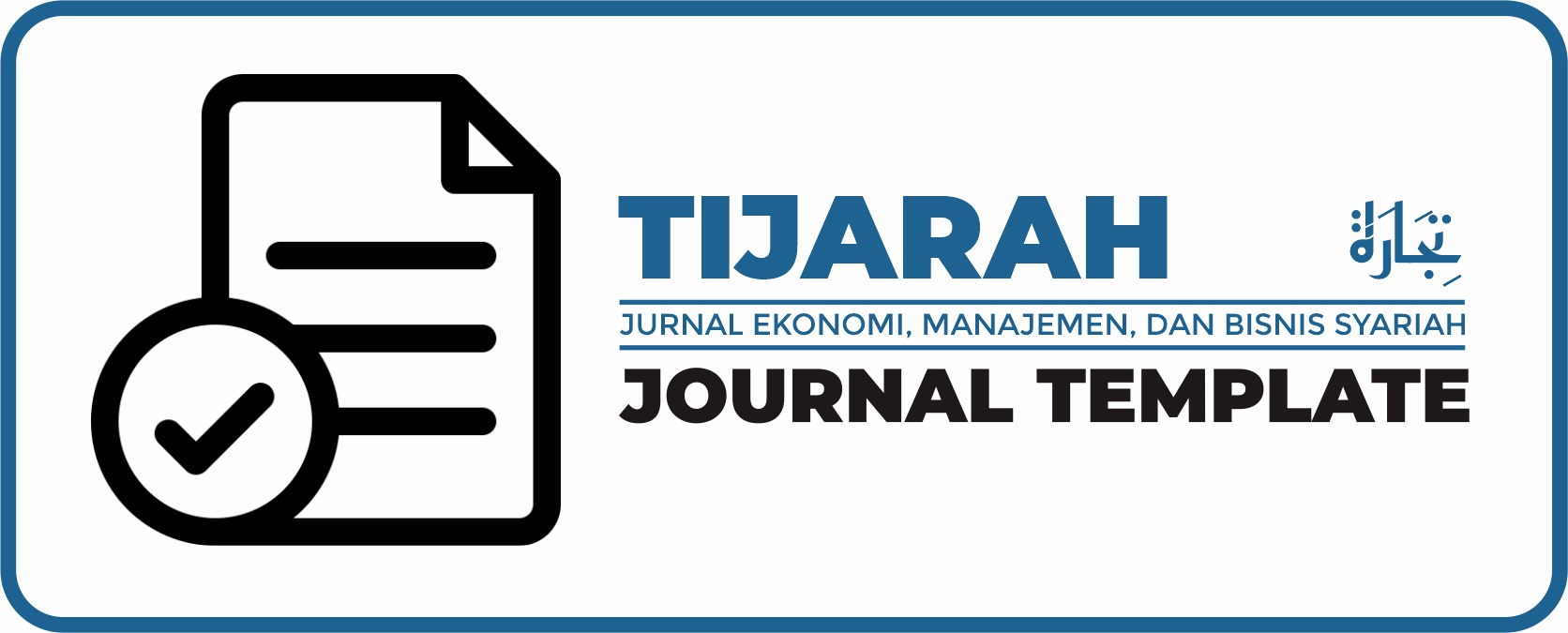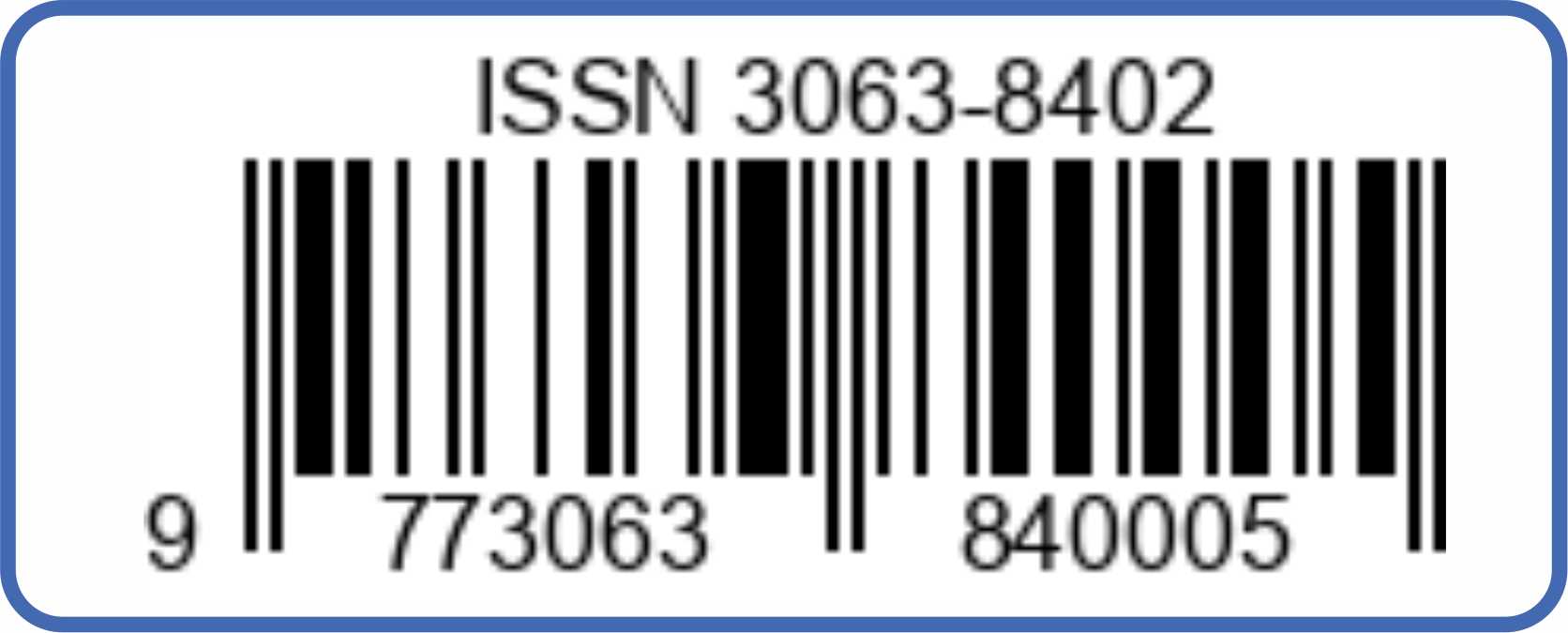Pemanfaatan Barang Gadai (Studi Perbandingan Empat Mażhab)
Utilization of Pawned Goods (Comparative Study of Four Madhabs)
Keywords:
utilization, goods, pawn, madhabAbstract
This study aims to find out and understand the rules of sharia in pawning according to the four major schools of thought, namely Hanafiyah, Malikiyah, Syafiiyyah and Hanabilah, which are then compared between the evidence of each school of thought and the just munaqasyah regarding the hadith of Abu Hurairah, as well as the law on the use of pawning livestock both in terms of riding it and also drinking its milk. This study uses a descriptive analytical research type (non-statistical), which focuses on the study of manuscripts and texts, and uses a normative, historical legal approach method. The results of the study were as follows; First, Pawning is a process of borrowing and lending interaction by making certain goods as collateral for the creditor's debt which is held and controlled by the debtor, until the debt is paid off on time. The pillars of pawning include Rahin, Murtahin, Marhun/rahn, Marhun bih. Meanwhile, there are four conditions for pawning, namely the goods must be able to be traded, must be valuable property, Marhun must be able to be utilized according to sharia, its physical condition must be known, must be owned by the rahin (borrower or pawnbroker). Second, in the utilization of pawned property, if it is done by the rahin, the majority of scholars allow the rahin to utilize the pawned goods as long as they get permission from the murtahin. In addition, the rahin must guarantee that the goods are safe and intact. As for if the utilization of pawned property is done by the murtahin, the majority of scholars do not allow the murtahin to utilize the pawned goods absolutely, because the goods are not fully his property. The murtahin's right to the goods is only as collateral for the debt he gave, and if the person who owes is unable to pay off his debt, then he may sell or value the goods to pay off his debt.
Downloads
References
-------, Pengantar Perbandingan Mażhab, Jakarta, Logos, Cet. Ke 3, 1996.
Al-Bukhari, Sahih Bukhari, Beirut, Maktabah al-‘Ashriyah, Juz 3 . t.th.
Departemen Agama RI. Al-Qur’ān dan Terjemahnya, Jakarta, 2003.
Ash-Shiddiqi, Hasbi. Hukum-hukum Fikih Islam. Semarang. PT. Pustaka Rizki Putra, cet. Ke-1. 1997.
Faisal bin Abdul Aziz Mubarak, Nailul Authar, diterjemahkan oleh Muawal Hamidi, Surabaya. PT. Bina Ilmu, 1989.
Hanafi, A., MA, Pengantar Theology Islam, Jakarta, PT. Al-Husna Zikra, cet. Ke-7, 2001.
Haroen, Nasrun, MA, DR. Fikih Muamulah, Jakarta, Gaya Media Pratama, cet. Ke-I, 2007.
Husnan Budiman, Pengantar Ilmu Fikih. Surabaya, Usaha Nasional. 1982.
Ibn Rusyd, Bidayat al-Mujtahid wa Nihayat al- Muqtasid, Indonesia, Dar al-Ihya al-Kutub al-Arabiyyah, Lt.
Jaziri, al-Abdurrahman, Al-Fikih ‘ala Mazahib al-Arba’ah, terjemahan Moh. Zahri, et.al., Semarang, Asy-Syifa, cet. Ke-l, 1994.
Mubarak, Jaih, Sejarah dan Perkembangan Hukum Islam, Bandung, PT. Remaja Rosdakarya, Cet. l , 2002.
Muhammad Abdurrahman Ibn Abdurrahim al-Mubarik Fauzi, Tuhfal al-Alnaz bi Syarh Jami’ al-Turmuji, Beirut, Dar al-Fikr, Cet. Ke-3, Juz 4, 1399 H/ 1979 M.
Muhammad Ibn Ismail al-Kahlani, Subul al-Salam, Bandung. Dahlan, Juz 3. Hal. 51.
Muhammad, Antonio, Syāfi’ī, Bank Syariah; Wacana Ulama dan Cendikiawan, Jakarta, Bank Indonesia dan Tazkia Institute, 1999.
Muhammad, Hasan, Ali, Perbandingan Mażhab Fikih, Jakarta, PT. Raja Grafindo Persada, Cet. Ke-2, 2000.
Munawir, Ahmad, Warson, Al-Munawwir Kamus Arab-Indonesia, ditelaah dan dikoreksi oleh KH. Ali Ma’sum dan KH. Zainal Abidin Munawwir, Surabaya, Pustaka Progresif, 1997.
Muslim. Shahih Muslim. ed. Fu’ad Abdul Baqi. Beirut: Daar al-Kitab al-Ilmiyyah, 2001.
Nata, Abuddin, Metodologi Studi Islam, Jakarta, PT. Raja Grafindo Persada, cet. 6, 2001.
Pusat Bahasa Kemdiknas. KBBI Offline 1.5.1 [CD ROM]. http://ebsoft.web.id, 2013.
Sabiq, Al-Sayyid. Fiqh Al-Sunnah. Jil. III. Beirut: Taba’at Wa Al-Nasyar. 1999..
Sabiq, Sayid, Fikih Sunnah, terjemahan Kamaludin A. Marzuki, Bandung, PT. Maarif, Cet. 1, Jilid 12, 1987.
Salim. Tarikh Tasyri, terj. Cet.I. Solo: CV. Rhamadani, 1988.
Shalih bin Fauzan. Kitab ash-Shalat Mulakhkhas al-Fiqh. Terj. dari bahasa Arab, Bab II Kitab Shalat, oleh Asmuni. Jakarta: Daarul Falah, 2006.
Sirajudin, Abbas, I’tiqad Ahlu Sunnah wal Jamā’ah, Jakarta, CV. Pustaka Tarbiyah, Cet. Ke-27, 2004.
Soekanto, Soerjono. Pengantar Penelitian Hukum. Cet; Jakarta: UI Press. 1984.
Sukardi. Metodologi Penelitian Pendidikan Kompetensi dan Prakteknya. Cet. III; Jakarta: PT. Bumi Aksara. 2005.
Syukur, Aswadie, Perbandingan Mażhab, Surabaya, PT. Bina Ilmu, Cet. Ke l, 1994.
Tahido, Huzaemah, Yanggo, Problematika Hukum Islam Kontemporer, Jakarta, Pustaka Firdaus, Cet. Ke 4, 2002.
Taufiq, Mohamad. Quran in Word [CD-ROM], Versi 1.3, http://www.geocities.com/mtaufiq.rm/quran.html
Wahab, Abdul, Khallaf, Ilmu Ushulul Fikih, terjemahan Prof. Drs. KH. Masdar Helmy, Bandung, Gema Risalah Press, Cet. Ke-2, 1997.
Zuhaili, Wahbah, Al-Fikih al-Islam wa Adiliatuhu, terjemahan Dr. Ahmad Syahbari Salmon etr. al, Malaysia, Dewan Bahasa dan Pustaka, Cet. Ke-I, Jilid 5, 1995.
Downloads
Published
How to Cite
Issue
Section
License
Copyright (c) 2024 Ishlahuddin Ishlahuddin, Askar Patahuddin, Ronny Mahmuddin

This work is licensed under a Creative Commons Attribution-NonCommercial-ShareAlike 4.0 International License.












